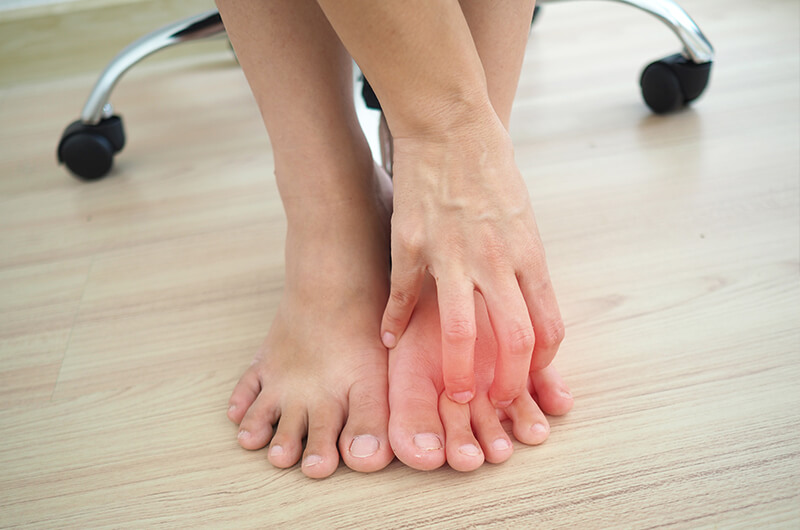

Interacting with the treating doctor in person makes it easy for patients to explain their issues and get personalized professional care.
With our onsite lab services, we will quickly and accurately diagnose your condition.
Our healthcare providers are very relaxed and kind, so you can talk to them freely.
We have over 20 well-equipped exam rooms for your consultation, examination, or noninvasive procedures.
We have outpatient surgery rooms for simple and quick procedures that don't require hospitalization.

If you have persistent focal muscle cramps, neck stiffness, or involuntary head or limb positioning, it may be a sign of dystonia. If dystonia is not diagnosed and treated on time, it can aggravate and lead to complications by contractures leading to physical deformity or disability. Problems may manifest with jaw clenching, mouth opening, difficulty speaking or aberrant head positioning.
At Michigan Neurology Associates & Pain Consultants, we offer best-in-class dystonia treatment every weekday (Monday through Friday) at all our locations. Our dystonia doctors will understand the causes and identify the type of dystonia to customize your treatment regimen accordingly, ensuring optimal results.

Dystonia is an involuntary movement disorder that contracts your muscles, causing them to slow or twist uncontrollably, thus resulting in abnormal postures or repetitive motions. It can affect the entire body or just one to two body parts.
Dystonia is classified into different types depending on which body part is affected:
While the exact cause of dystonia is unclear, it is related to a problem in the basal ganglia, a part of the brain responsible for initiating muscle contractions. Additionally, the neurotransmitters (chemicals) that send signals to the brain may be abnormal in dystonia patients. Though dystonia is linked to an abnormality of the brain, it does not affect your cognitive function or cause mental health issues.
Though dystonia causes are unclear, some factors may increase your risk of developing the condition, including:
Dystonia symptoms may begin gradually in one area of your body such as your arm or leg, causing uncontrollable movement or cramps in your feet as well as abnormal finger or hand postures. Over time, the condition can further progress, affecting various parts of your body, causing:
For some patients, symptoms often begin or worsen with intense physical activity, fatigue, or repetitive hand movements like playing an instrument or writing. If you have laryngeal dystonia (spasmodic dysphonia), your voice box and vocal cards may be affected, causing voice changes, such as reduced voice volume or chronic hoarseness.
Dystonia Diagnosis
We will study your medical history and perform a physical examination that includes checking your legs and hands for weakness, abnormal postures, tremors, etc.
To rule out the root causes of your symptoms, we may recommend the following procedures:
Available Dystonia Treatment Options
Based on your symptoms and test results, we will recommend any of the following treatment options:
We will prescribe oral medications (Carbidopa-levodopa, trihexyphenidyl, benztropine, diazepam, clonazepam, etc.) that target neurotransmitters in your brain to prevent or limit the movement imbalance.
We will inject Botulinum toxin into the affected muscles to temporarily and partially paralyze them, thus reducing muscle contractions and stiffness. One Botox injection can provide relief for 4-5 months. Repeating the injections every 4 months can help maintain your results, reducing further dystonic movements.
We may also recommend:
Immediately visit your healthcare provider if you experience sudden or sustained involuntary muscle spasms or loss of control over your muscles.
Whether you have generalized dystonia, focal hand dystonia, or segmental dystonia, we will treat it quickly with our swift medical care and assistance.
Request an Appointment